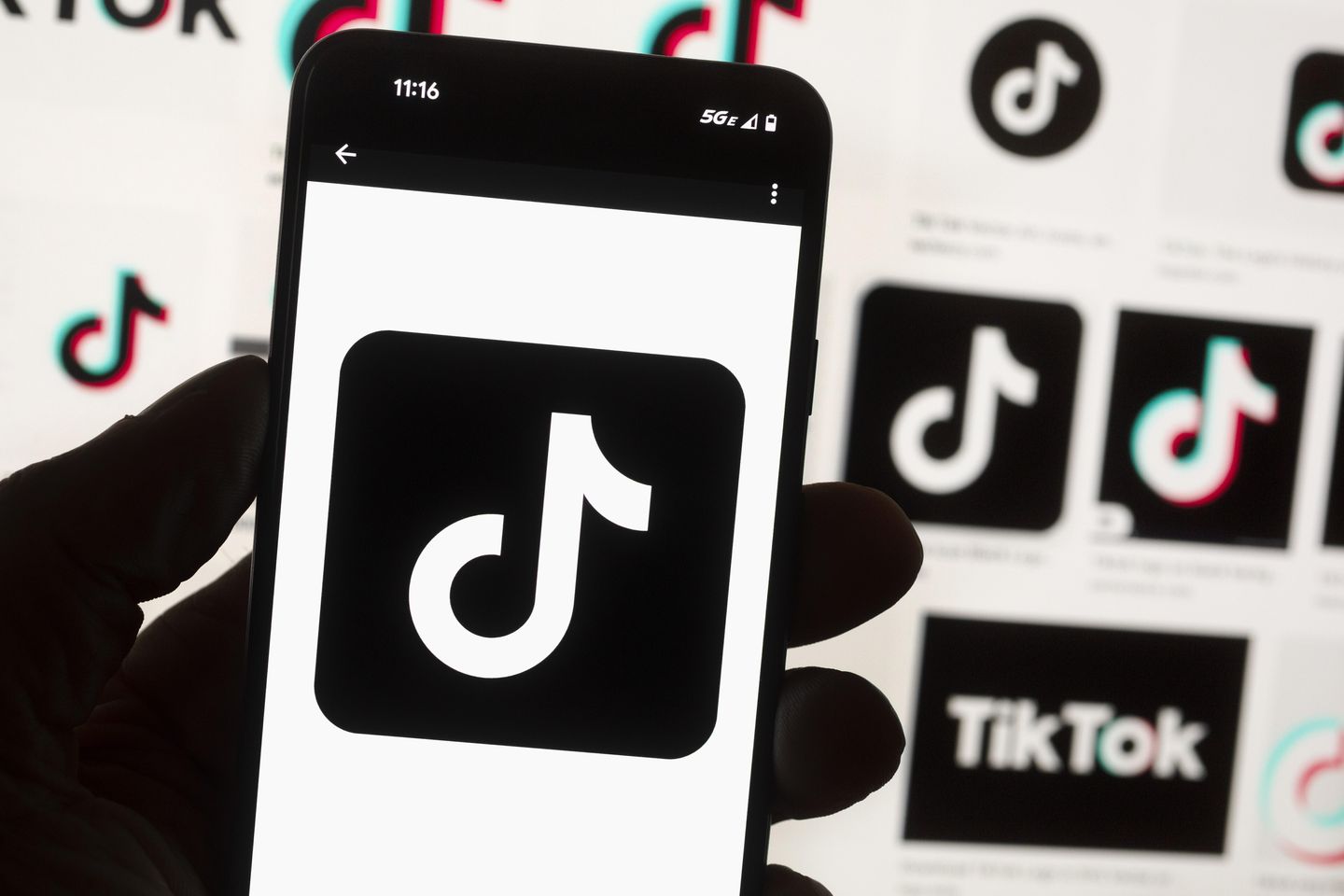The Senate passed legislation on Tuesday that would require TikTok’s China-based parent company to sell the social media platform or face a ban in the United States. This move by U.S. lawmakers is seen as a controversial decision that is likely to face legal challenges and could have significant implications for content creators who depend on TikTok for their income. The legislation is aimed at addressing concerns about national security and data privacy, as TikTok is owned by ByteDance, a Chinese company that has been accused of sharing user data with the Chinese government.
The decision to force TikTok’s parent company to sell the platform comes amid escalating tensions between the United States and China over national security and economic issues. Lawmakers have raised concerns about the potential for TikTok to be used as a tool for Chinese government surveillance and propaganda, prompting calls for greater scrutiny and regulation of the popular social media app. The legislation passed by the Senate reflects these concerns and seeks to address them by requiring ByteDance to divest itself of TikTok’s operations in the U.S.
The move to force the sale of TikTok is expected to have a significant impact on content creators who rely on the platform for their livelihood. Many users of TikTok have built large followings and make money through sponsored content, brand partnerships, and advertising revenue. Forcing the sale of TikTok could disrupt these revenue streams and potentially force content creators to find alternative platforms or sources of income. This uncertainty has sparked concerns among the TikTok community about the future of their careers and the stability of their income.
In addition to the impact on content creators, the legislation could also have broader implications for the social media landscape in the United States. TikTok has quickly become one of the most popular social media platforms, particularly among younger users, and its potential ban or sale could create a void that would need to be filled by other platforms. This could lead to increased competition among social media companies and could reshape the way that users interact and share content online. It remains to be seen how the potential sale of TikTok will affect the broader social media industry and whether it will lead to changes in user behavior and platform preferences.
Overall, the Senate’s decision to force the sale of TikTok reflects ongoing concerns about national security and data privacy in the United States. While the move is aimed at addressing these concerns, it is likely to face legal challenges and could have significant implications for content creators and the broader social media landscape. As the situation continues to unfold, it will be important to closely monitor developments and consider the potential implications for users, businesses, and policymakers.









